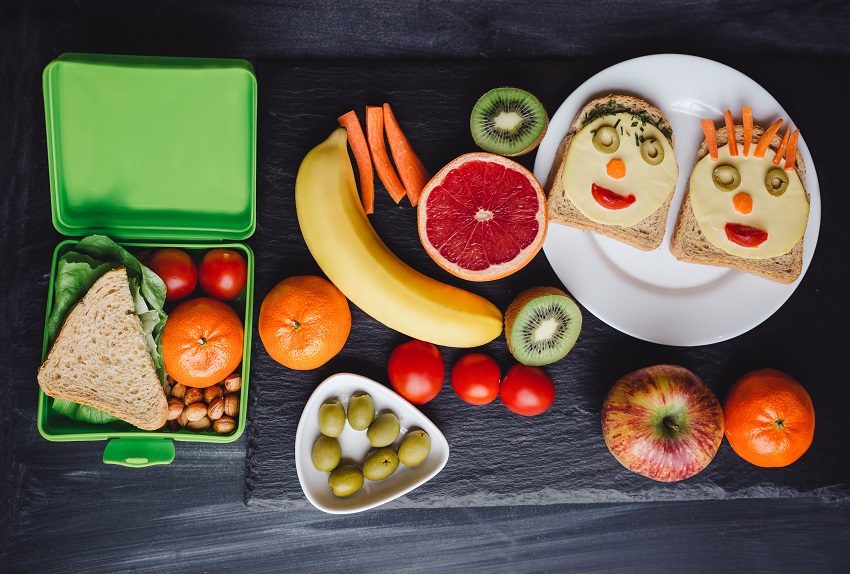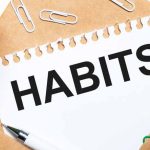Now, who hasn’t heard of the Terrible Twos? Well, they’re not quite so terrible when it comes to getting those young toddlers to eat at this stage in their lives. However, that can be quite a tricky proposition as you might just end up giving them anything you deem fit, for their eating pleasure.
The truth is, you need to start eating healthy. It’s not all that easy, especially since their tummies are tiny and you have to give careful consideration to what goes inside them, every single mealtime; and snack time, too!
Healthy Food Choices for 2 year olds
Let’s start off by examining the foods essential to the good health of your 2 year old. When looking for the right food for your 2 year old, you want to make sure they eat from all the food groups listed here, on a daily basis.
Food grains
These are foods that are made from wheat, rice, oats or other cereal grains like oatmeal, whole-wheat and brown rice.
Tip: You want to aim for mostly whole-grains.
Vegetables
We all know babies have to get their dose of veggies every single day, right? Ensure that the diet for your 2 year old kid includes a variety of colorful vegetables.
Tip: You want to include dark green, red and orange vegetables, too.
Fruits
Children certainly prefer fruit to veggies. Any fruit or 100 percent fruit juice counts as part of the fruit group.
Note: You want to limit that daily serving of fruit juice to less than 4 ounces.
Dairy
This applies to milk products and foods made from milk.
Note: You want to be selective, focusing on fat-free or low-fat milk products.
Tip: Choose milk products that have a high calcium content.
Protein
Not only for bodybuilders, this wonderful food group.
Note: You want to go low-fat, choosing only lean meats and poultry.
Tip: Vary the sources of protein. Throw in more fish, nuts, seeds and beans.
How much should my 2 year old eat?
When looking at serving only healthy food for kids, the question arises: Just how much food should my 2 year old be even eating, in the first place?
What you should do is schedule three meals a day for your little one, along with 2-3 snack sessions (only healthy snacks, mind you). It’s perfectly natural for your toddler to eat less at times, and in certain instances, even skip meals entirely. While this might not be easy to deal with for many parents, it’s vital to allow children to respond to their own feelings of hunger and fullness. You might find your 2 year old closing their mouth or even turning their head away, when they have had enough. That’s a good indication for you to stop feeding them.
Foods that pose potential choking hazards
When selecting the right choice of food for your 2 year old, you want to avoid these foods, which can potentially get your child to start choking when they eat them. This is a time when they are still learning to chew and swallow, and they might just end up swallowing these foods whole, thereby blocking their windpipe.
- Peanut butter chunks. You can still give peanut butter to your toddler, but only when spread thinly on crackers or bread.
- Gum
- Marshmallows
- Popcorn
- Seeds. Like pumpkin or sunflower seeds.
- Large chunks of any food like meat or potatoes.
- Raw cherries with pits in them.
- Whole grapes. Cut these in quarters, if you must give them to your child.
- Round, hard candies. Note: These include jellybeans, too.
- Raw carrots and green beans.
Nutrition Tips for 2 year olds
That diet for your 2 year old child might be sorted, but there’s plenty other things you need to bear in mind when feeding a 2 year old.
- Keep regular meal times. That’s a truly great way to ensure your child always gets the right amount of food each day.
- Select foods with some essential nutrients whenever you can. These are calcium, magnesium, potassium and even fiber.
- Make sure they are hydrated. You don’t want your child to get dehydrated, so ensure they keep sipping water all day long. Water, not sugary drinks!
- Limit calorie intake. When choosing food for your 2 year old, you want to focus on limiting portion sizes and those unhealthy, unprocessed foods your child indulges in. That will help control that calorie intake that could very easily go out of bounds.
- Model healthy eating behaviors. Eat healthy in front of your child. You’re mistaken if you think they aren’t watching you at this age. Eat right to set the tone for their healthy eating both now and in the years to come.
Vitamin supplements for your 2 year old: Considerations
While the need for vitamin supplements is rare for toddlers in general, it is necessary in some instances. Here’s a look at the vitamins essential for the proper development of 2 year olds, their benefits and whether supplements might be a good choice for them.
Vitamin D. For those children not getting enough sunlight, or not consuming enough vitamin D in their diets, a vitamin D supplement might be just what the doctor ordered.
Benefits: Enough Vitamin D can prevent Rickets – a disease characterized by the weakening of bones.
Recommended dosage (of supplement): 400 International Units (IU) of Vitamin D every day for infants under the age of 12.
Iron. If your child eats very little meat, iron-rich vegetables or cereals fortified with iron, they might need an iron supplement.
Benefits: The proper absorption of iron helps prevent Iron deficiency anemia.
Calcium. If you wish to avoid calcium supplements, ensure your child drinks 16 ounces of low-fat or nonfat milk each day.
Benefits: Calcium is essential for proper bone development.
It’s important to ensure your child gets the right nutrition, especially at an age where their bodies are barely developed. Make good use of the nutrition tips listed here, to bolster baby’s health and overall sense of wellbeing. Visit EuroKids for more such information.
















